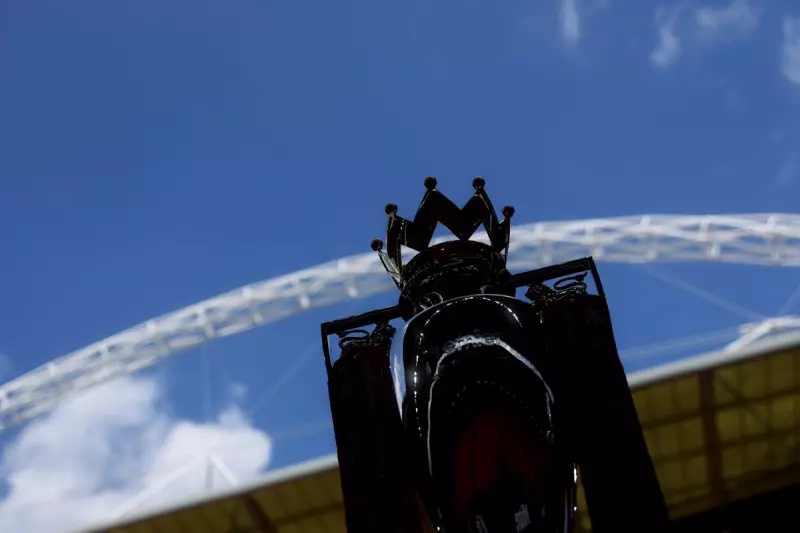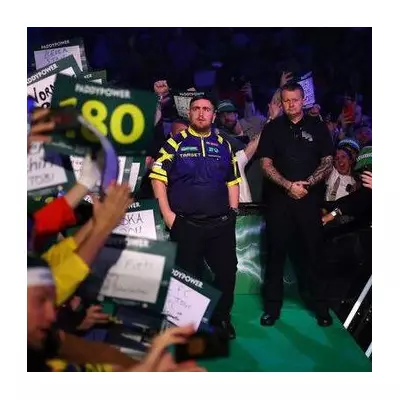
The Fantasy Premier League (FPL) is set for its biggest shake-up in years as new rule changes come into effect for the 2025-26 season. Millions of managers will need to adapt their strategies following significant adjustments to chips, pricing structures and gameplay mechanics.
What's Changing in FPL Next Season?
The Premier League has confirmed several key modifications that will alter how players approach their fantasy teams:
- Triple Captain Chip Revamp: The controversial chip will now be usable for three consecutive gameweeks rather than a single match
- Price Inflation System: Player values will adjust more dynamically based on real-world performance and demand
- Wildcard Windows: New restrictions will limit when managers can play their wildcards during the season
- Bonus Point Recalculation: The algorithm determining bonus points will place greater emphasis on defensive contributions
Why These Changes Matter
These updates represent the most substantial alterations to FPL since the introduction of chips in 2015. The Premier League's head of digital content explained: "We're evolving the game to reward long-term strategic thinking over lucky one-off decisions. The new triple captain rules, for instance, will test managers' ability to predict form over an extended period."
Fantasy football experts predict these changes will:
- Reduce the impact of single-gameweek hauls on overall rankings
- Make defensive players more valuable in team selection
- Encourage more active squad management throughout the season
Community Reaction
Early responses from the FPL community have been mixed. Some veteran managers welcome the increased complexity, while others worry the changes favour those who can dedicate more time to team management.
"It's going to separate the casual players from the hardcore tacticians," noted one top 0.1% manager. "The new pricing system alone will require completely different approaches to building team value."
The full rulebook for the 2025-26 Fantasy Premier League season will be published in June, giving managers two months to prepare before the August kickoff.




